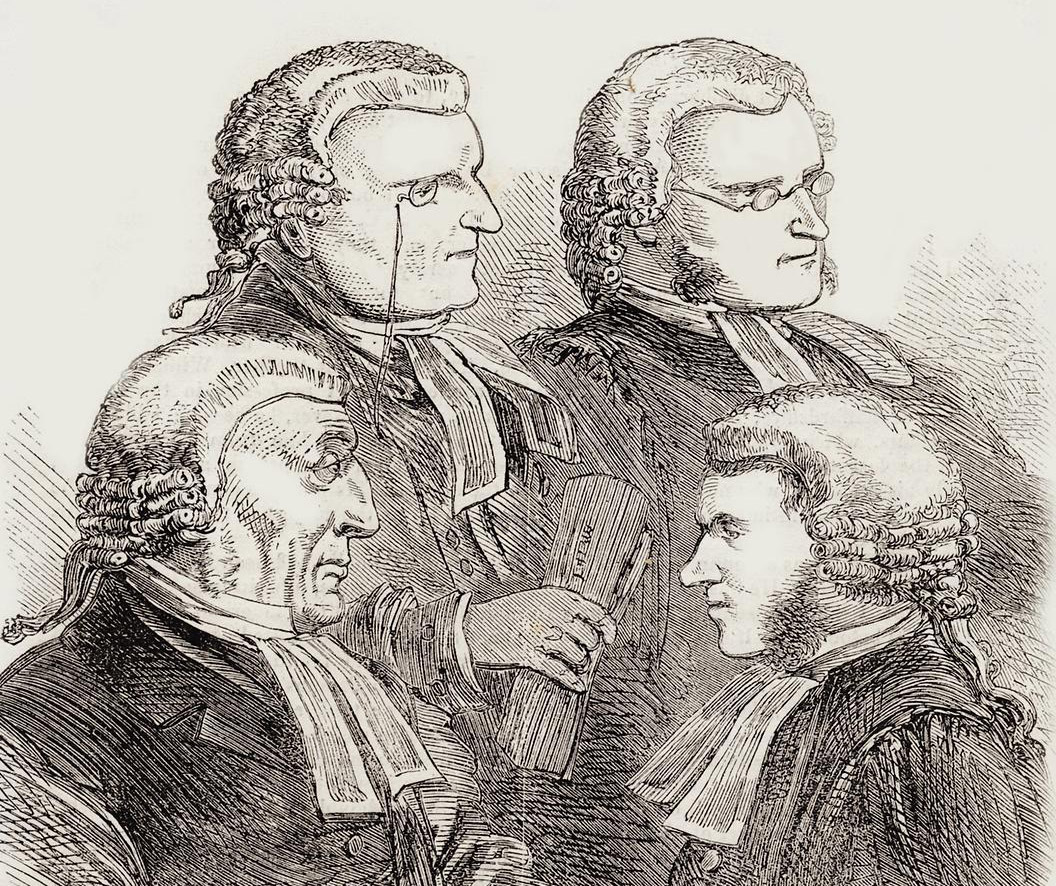Well my viva is over and complete so now it is time to crack on with the ‘real’ work –and not be distracted by little random things like writing a paper on doctor who *shifty eyes* but in the mean time I’m beginning my work on Felix Holt The Radical, it was a late addition to the texts that I’ve decided to include in the thesis and as such I am scrambling to read the 676 page text and the other late addition, Lady Audley’s Secret, while trying to do the theoretical research for the paper, which is really BORING. I should point out that anything I write here is not a sample of my work, it’s largely unedited and pretty slovenly in it’s style and grammar…don’t like it …don’t read.
Now we begin with legal formalism- with a vague sort of Victorian slant.
 Ninteenth century formalism was a system which was ‘procedurally formalist to the extent that it makes the success of a substantive legal claim depend on following procedural rules (Schauer 1988). This drew is primary legal principles from what is now known as primitive formalism was the practice of deciding the outcome of disputes through the use of oracles or through trial by battle, which, for obvious reasons, became regarded as irrational.
Ninteenth century formalism was a system which was ‘procedurally formalist to the extent that it makes the success of a substantive legal claim depend on following procedural rules (Schauer 1988). This drew is primary legal principles from what is now known as primitive formalism was the practice of deciding the outcome of disputes through the use of oracles or through trial by battle, which, for obvious reasons, became regarded as irrational. This primitive formalism, is set in opposition to the Roman legal system of ‘strict law’, which was transposed into the English legal system in the medieval period in the form of ‘formulary law’ in which redress was only available if the case fell within a certain ‘class’ of cases. It’s application in case law is closer to what we now considered as formulism.
It was not until the nineteenth century that ‘real’ legal formalism can be said to exist, as the century was marked by a movement beyond formulary justice but in a way that preserved the benefits of the previous systems. The rise of legal formalism was complete by 1850, whereby the legal relationships seen as deriving from natural law and custom was supplanted by legal relationships forged through economic and political alliances, and substantive fairness, which was prevalent in eighteenth century legal discourse.
The idea of a paternalistic and regulative legal system, which extolled the legal obligations and moral sense of community was replaced by a system that was reflective of the power of economics and individual influence.
At it’s most basic level legal formalism is the degree to which the system is willing to sacrifice substantive justice (equity) in favour of a system which requires strict adherence to specific elements, that need to be in place before a case can be brought (von Jhering 1869) but is, by virtue of its construction, less irrational than the earlier Roman and Medieval structures.
Textual formalism is literalist in nature, whereby the meaning of an issue is not varied according to context. The interpretation of legal cases in a formalistic manner requires that no reference or consideration be given to the intention or purpose of the parties and only the strict precedential or theoretical concepts that impact upon the case can be considered and applied in the decision making process.
There are specific moral, political and practical considerations that impact upon the level of legal formalism that is applied within specific jurisdictions and while there is a valid argument for the application of a strictly formalistic approach to criminal justice, there is an even argument for a less formalistic approach on each counter point, the modern legal end-point would seem to be an ideal balance between the two, between moral justice and the principled application of legal process
Felix Holt and Formalism to follow....at some stage!
Citations and bibliography not posted but available on request.


